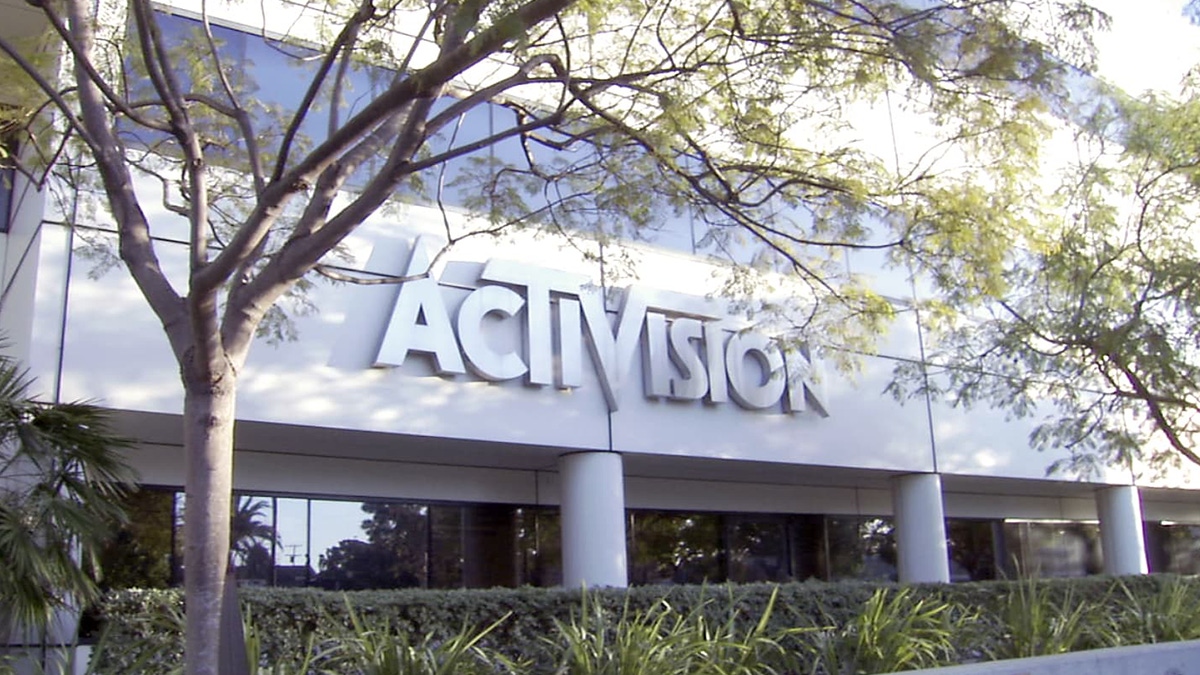Trending
Opinion: How will Project 2025 impact game developers?
The Heritage Foundation's manifesto for the possible next administration could do great harm to many, including large portions of the game development community.
Activision Blizzard has been accused of withholding raises from QA workers at Raven Software as a direct result their union activity. The NLRB has found that the accusations have merit.

The National Labor Relations Board (NLRB) is accusing Activision Blizzard of withholding raises from QA workers at its Raven Software subsidiary as a direct result their union activity.
As reported by The Washington Post, Raven testers voted to unionize earlier this year after protracted discussions with Activision Blizzard that saw some workers accuse the Call of Duty publisher of union busting in a bid to "thwart" their efforts.
Now, after an investigation into the matter, the NLRB has found that Activision Blizzard intentionally withheld raises from those involved in unionization efforts.
With the investigation now complete, Activision Blizzard and Raven testers will continue their efforts to strike a collective bargaining agreement. If a deal can't be agreed, however, there's now a chance the NLRB could file a complaint against Activision Blizzard or even seek to prosecute the case in federal court.
Speaking to Game Developer about the matter, an Activision Blizzard spokesperson said the publisher was unable to issue raises as a result of legal obligations laid out in the National Labor Relations Act (NLRA).
"Regarding the finding that the company withheld raises: Due to legal obligations under the NLRA requiring employers not to grant wage increases while an election was pending, we could not institute new pay initiatives at Raven because they would be brand new kinds of compensation changes, which had not been planned beforehand. This rule that employers should not grant these kinds of wage increases has been the law for many years," commented the company.
Activision Blizzard is also disputing claims that Activision Blizzard president and COO, Daniel Alegre, attempted to meet with bargaining Raven employees before they succeeded in unionizing under the Game Workers Alliance banner in a bid to learn how to undermine their efforts.
"Regarding the finding that the company attempted to undermine the union by soliciting grievances: This is not an accurate portrayal of events. Although Raven QA was offered a non-mandatory opportunity to meet with Activision Blizzard leadership during an on-site visit, because some of the QA testers had previously requested a discussion with management, at no point was this framed as an opportunity to specifically address grievances. Furthermore, the offer was never taken, and no meeting ever occurred," said an Activision Blizzard spokesperson.
Former NLRB lawyer and USC lecturer Thomas Lenz told Game Developer that companies making changes during a unionizing campaign is a "sensitive issue" under existing labor law. "The Board has long taken the position that changes made during an organizing campaign are presumed unlawful," he noted. That leaves companies like Activision Blizzard in the position of having to explain that planned changes (like raises for QA employees) were part of an established plan or practice that pre-dated unionizing activity."
He noted that even if the planned raises existed before the unionizing effort began, "how the employer communicates that is important."
When asked about the Board's finding that Activision Blizzard "attributed" the denial of raises to the union activity, Lenz pointed out that even if Activision Blizzard didn't intend for any such communication make such a connection, an errant comment by management might have thrown that all into question. "Sometimes people say things not understanding the potential repercussions," he noted wrly.
Activision Blizzard's spokesperson said that the company will "look forward" to defending its position before both the NLRB litigation process, and if necessary, the appeals court process.
Update 10/4: This story has been updated with comment from former NLRB lawyer and USC lecturer Thomas Lenz.
You May Also Like